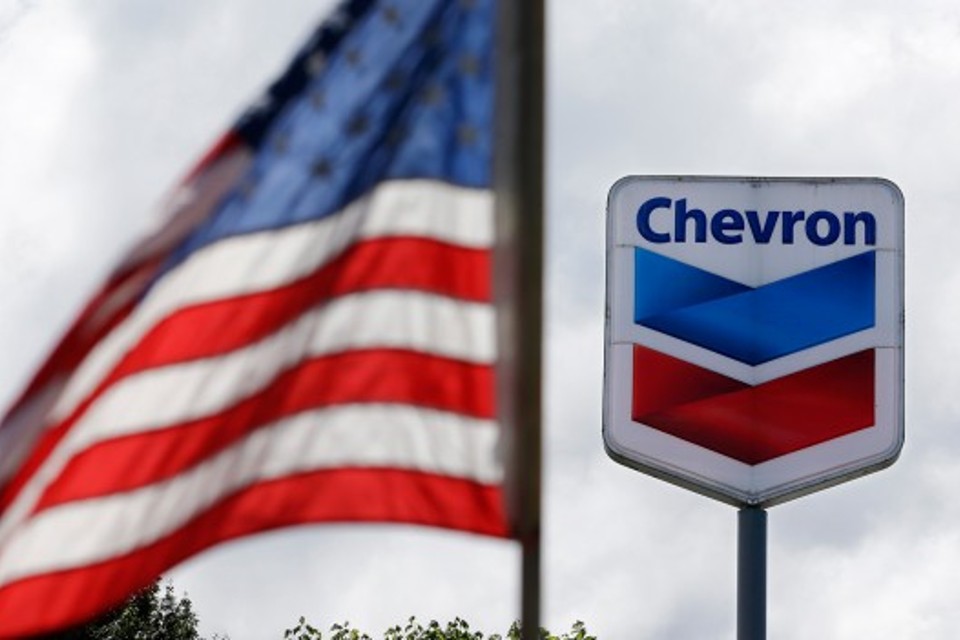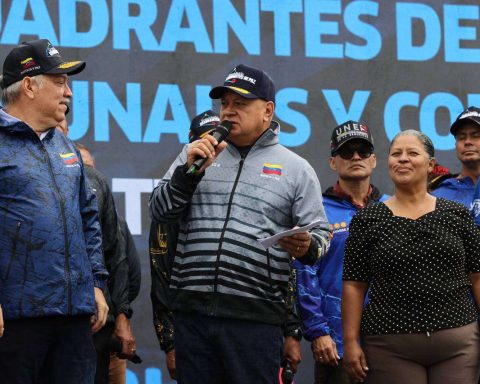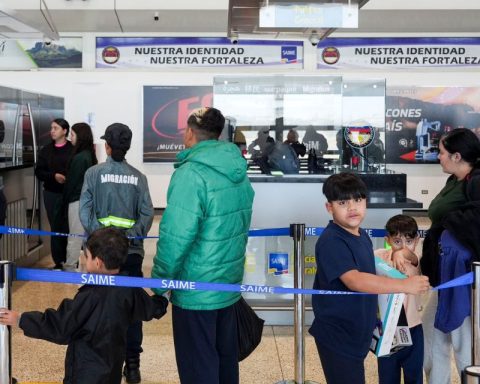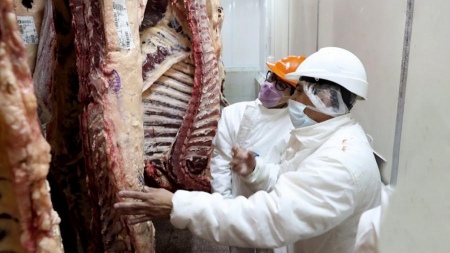The license issued by the United States to Chevron is valid for six months, which complicates long-term planning, while the infrastructure problems of the Venezuelan industry are added as one more factor that prevents a substantial improvement
The executive director of the US oil company Chevron, Michael Wirth, reported this Friday, January 27, that the mixed companies that it operates together with the state-owned Petróleos de Venezuela (PDVSA) increased their production by 50,000 barrels of oil per day (bpd) in just two months. after they received a license to increase their operations on Venezuelan soil.
The production of the four mixed companies operated by Chevron (Petropiar, Petroboscán, Petroindependencia and Petroindependiente) increased from 40,000 bpd to 90,000 bpd in this period, according to the spokesperson for the oil company.
Wirth is pleased that such an increase occurred in the short term, but considers that it could have been greater if it had better operating conditions, since the license that Chevron received from the Office of Foreign Assets Control (OFAC) of the United States Department of the Treasury Unidos only has a six-month extension and long-term projects entail a risk for the company.
Another barrier for the oil company lies in the infrastructure problems in the Venezuelan industry, damaged after years of disinvestment. According to a report prepared by Argus Media In December, to meet the production goals that Chevron expects and climb to 200,000 bpd, it would require the rehabilitation of oil wells, since currently some 18,000 are partially or totally inoperative.
According to Argus Media calculations, recovering all the disabled wells in the country could require an investment of more than 40,000 million dollars.
“That’s been a good short-term effect,” Wirth said in a virtual conference call with analysts, adding that he couldn’t say that more production trends could be extrapolated from that.
Chevron shipped its first shipment out of Venezuela in nearly four years last month. The company is moving two cargoes to its Pascagoula refinery in the United States and will offer another two to customers on the Gulf Coast.
“We are still working on the ground to expand production, but it is too early to define anything,” Wirth said of the possible production expansion.
Chevron has not posted earnings from Venezuela in the fourth quarter. Wirth said the company uses cost affiliate accounting, which means it will only record profit if it receives cash. “At this point, I would say cash flows are expected to be modest,” he explained.
In late November, after Chevron received the extended license from the US government, signed contracts between the oil company and the Venezuelan government to resume oil projects in the joint ventures in which Chevron participates.
*With information from Reuters
Post Views: 203

















